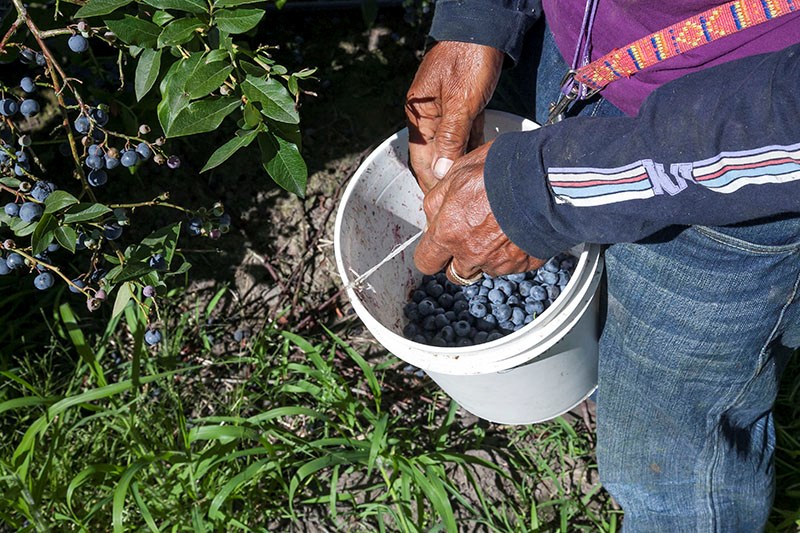Port Coquitlam farm owners — and other business people wanting to set up shop on agricultural land — will be invited to an open house next month to talk about new provincial and municipal rules.
The city wants to bring its bylaws in line with the revamped Agricultural Land Commission Act that, among other things, now allows for bigger retail stores as well as more processing uses onsite.
The amended provincial regulation, which came into effect last year, also permits:
• medicinal marijuana production;
• food and beverage services and sales for wineries, cideries and breweries;
• and clarity around the size of residential homes.
Currently, owners of agricultural land in PoCo can build a house up to 10% of their lot area (up to 8,000 square feet) but the city is proposing a maximum residential floor area of up to 5,382 sq. ft.
City planner Jennifer Little said the intent of the policy and regulatory review is to "help intensify" farming in the city.
According to a report that came before the city's smart growth committee last week, PoCo has about 568 acres of farm land in the northeast region.
Most of the farms are used for grass for forage and blueberries; however, some are also used for greenhouse production and raising poultry and cattle livestock.
The average farm property is around 5.8 acres and all are within the flood plain with high water tables; very few have irrigation systems.
About a third of PoCo's agricultural land is leased out for farm- or non-farm uses, which include kennels, childcare facilities, secondary suites and accessory home-based businesses.
But, under the amended provincial act, agri-tourism, bed and breakfasts and farm research studies would also be allowed on PoCo farms.
Meanwhile, as part of the upcoming review of the city's official community plan (OCP), PoCo wants to open up its agricultural lands to such emerging initiatives as small-mixed farms, market and rooftop gardens and community orchards. That, in turn, would attract more young people to the industry as the average age of a Canadian farmer is 54.
"We're wanting to provide for some different ideas that may help provide for more flexibility and more productivity on our agricultural lands and also look at long-term food sustainability in Port Coquitlam and the region," Little said Thursday.
The changes also take into account Metro Vancouver's regional food system strategy from 2011; that agency is now finalizing its regional food system action plan.
Also, part of the public consultation next month will include discussion about future land uses around the new Fremont connector, the north-south link of which city council decided the route last year.
In its regional growth strategy, Metro Vancouver has designated a portion of PoCo's farming lands as a Special Study Area; the city will vote on whether to keep this designation during its OCP update later this year.



